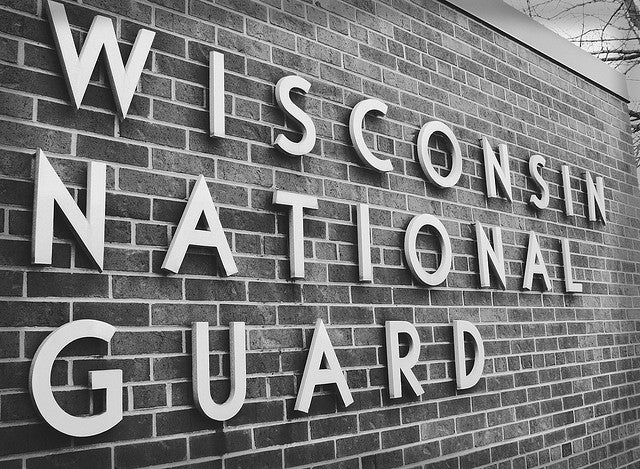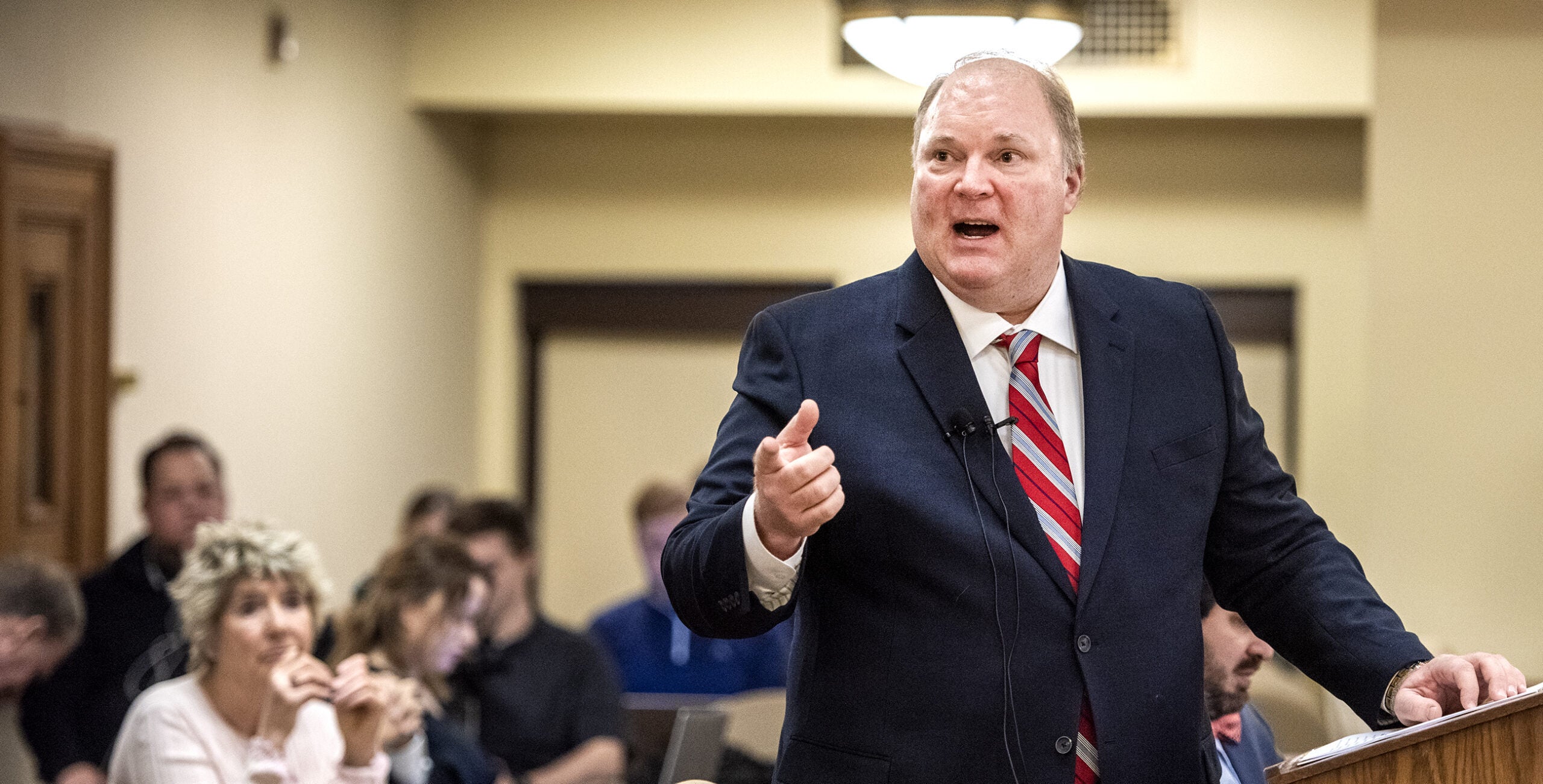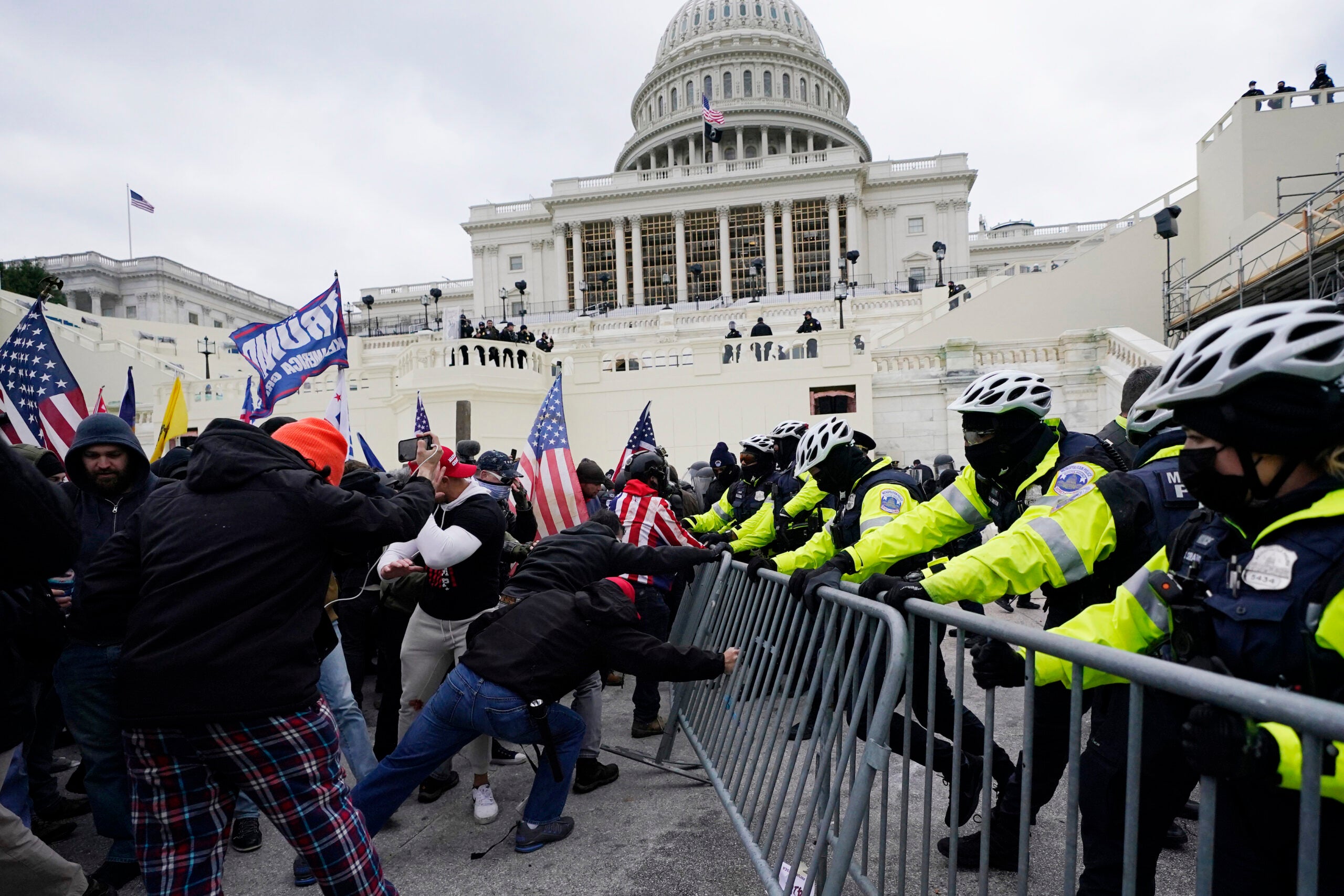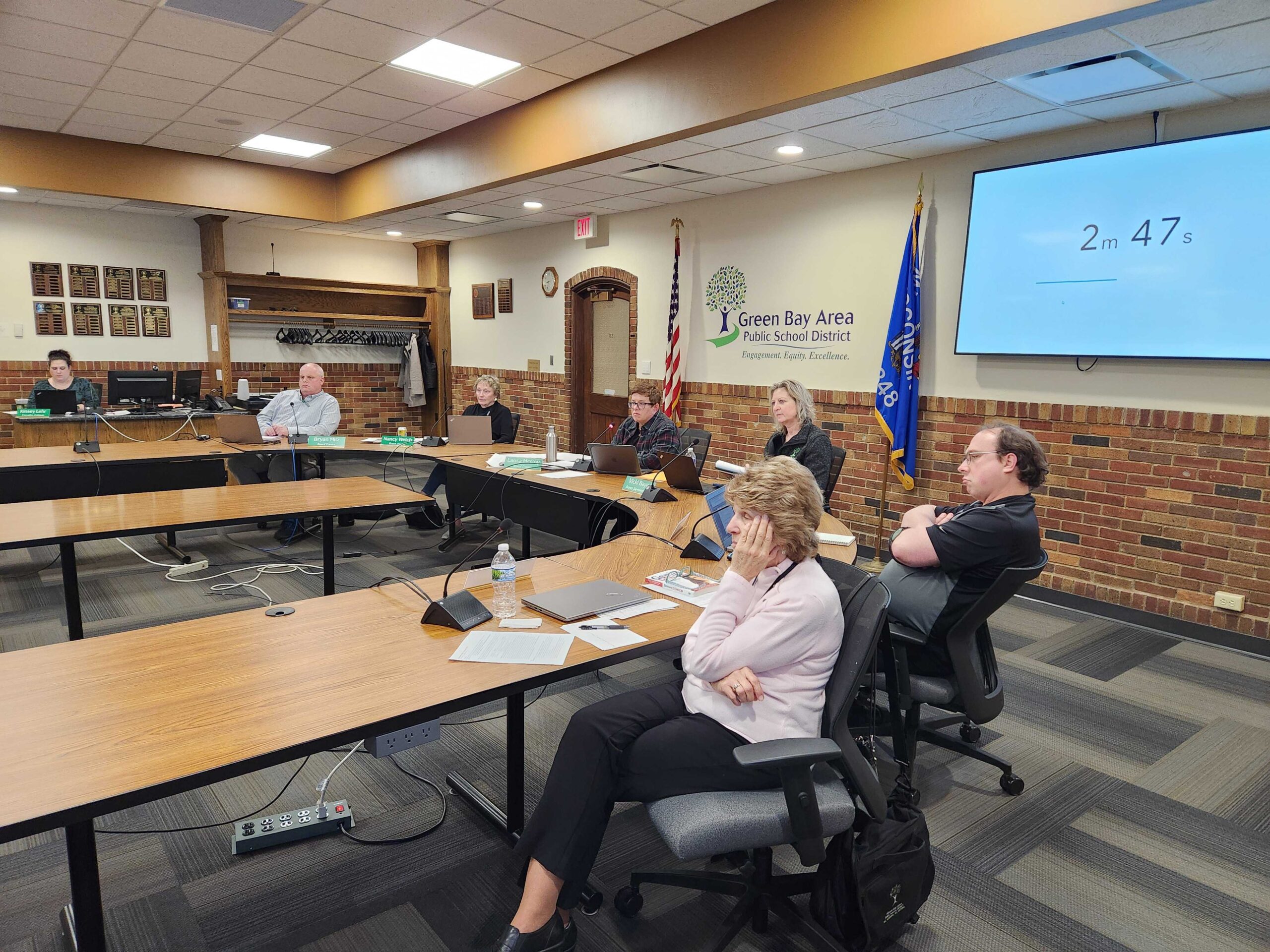Editor’s note: This story contains language and descriptions surrounding sexual assault.
Four years after the Wisconsin National Guard was the subject of a scathing federal investigation into how it handles allegations of sexual misconduct, state lawmakers are moving forward with a package of bills they say will strengthen those processes.
In 2019, a report from the federal National Guard Bureau’s Office of Complex Investigations detailed numerous shortcomings in how the Wisconsin National Guard reports, investigates and punishes allegations of sexual assault and harassment. Shortly after the report’s release, the head of Wisconsin’s National Guard resigned.
Stay informed on the latest news
Sign up for WPR’s email newsletter.
Last year, a legislative study committee chaired by Rep. Tony Kurtz, R-Wonowoc, developed a package of bills aimed at bringing state military code for sexual misconduct investigations into compliance with federal code.
“The study committee identified a number of areas in which legislation will complement the guard’s continuing efforts to ensure that the men and women who volunteer to serve our state and nation are able to do so in an environment that takes their safety seriously,” Kurtz told lawmakers at a public hearing Wednesday.
The bills would amend the Wisconsin Code of Military Justice to bring it into alignment with the federal Uniform Code of Military Justice, establish a case management system for misconduct cases within the Department of Military Affairs and require the Guard’s top leader to report annually on the topic to the governor and state Legislature.
The changes to state military code would include redefining what constitutes sexual assault to include sexual acts committed through threat or intimidation. It would also clarify which types of offenses are grounds for court-martialing, create a specific process for sexual harassment and remove certain gender-specific language from the code.
It would also add an affirmative right for survivors “to be treated with dignity, respect, courtesy, sensitivity, and fairness.”
In a written statement, Senate Minority Leader Melissa Agard, D-Madison, a member of the study committee, said the bills are “a step in the right direction to provide clarity to Wisconsin National Guard’s sexual misconduct procedures.”
“I am hopeful these bills will become law in a bipartisan manner and that we continue this focus on preventing misconduct and supporting survivors of sexual assault — we must send a clear message that our government recognizes, believes and always stands with survivors,” she said.
In January 2019, a whistleblower contacted the offices of Gov. Tony Evers and U.S. Sen. Tammy Baldwin with allegations of six incidents of assault and harassment against female members of an Air Force unit.
Those officials called for the federal investigation, which launched in April of that year. Separately that year, Republican U.S. Rep. Scott Fitzgerald, who was the state Senate’s majority leader at the time, also called for an investigation after a female guard member contacted him about her own alleged assault.
The report found “the Wisconsin National Guard’s programs and systems for handling allegations of sexual assault, sexual harassment, and other workplace or service-related misconduct were noncompliant with federal law and regulation, and in various respects, deficient or failing.”
Those deficiencies included poor recordkeeping that may have artificially deflated the number of reports of alleged sexual assault over decades.
The report also found that investigations into allegations were often conducted internally, in violation of federal code, that survivors were implicitly discouraged from seeking support, and that policies around reporting and accountability measures were unclear or unfollowed.
The Legislative Council Study Committee on Wisconsin National Guard Sexual Misconduct Procedures first met last August and convened with military leadership to develop the new proposals.
For its part, the Guard has said that it has already implemented some changes internally, such as keeping survivors apprised of changes in their cases, and training leadership on handling sexual misconduct allegations.
Wisconsin Public Radio, © Copyright 2025, Board of Regents of the University of Wisconsin System and Wisconsin Educational Communications Board.





